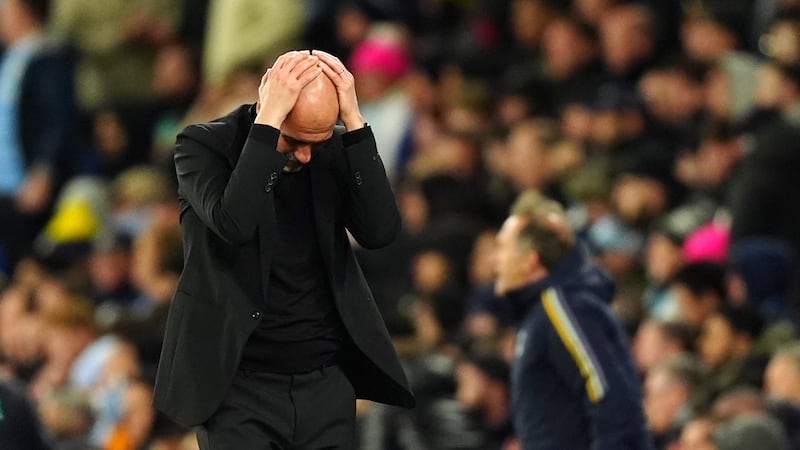SOCCER! SOCCER! SOCCER! What a week it’s been for soccer.
It began with the finale of the Women’s World Cup in Canada, which was lit up by wild American celebrations, and a Carli Lloyd hat-trick completed with a spectacular goal from halfway that managed to bounce before it crossed the goal-line.
Viewing figures revealed (unsurprisingly) that America’s final win over Japan was the most watched soccer match ever in the United States. Ever. If the men ever got good enough to be winning World Cups or getting to within a sniff of them, the ladies would find themselves usurped as the American enthusiasm for women’s soccer is clearly almost entirely because they’re really good at it.
And with this enthusiasm came indignation from all sorts of places that might pay attention to the Concacaf Gold Cup if U-S-A! U-S-A! U-S-A! do well in it that their American heroines didn’t get anywhere near as much money for winning their World Cup as the German men did for winning theirs. Everyone with an internet connection – and a few publications that should know better – was outraged that the US team picked up just $2 million, compared to Germany’s $35 million, and the fact the American men got $8 million for going out in the last 16 to Belgium.
Nothing to do with the men’s World Cup bringing in a bajillion dollars more in revenue to Fifa than the female equivalent. Still, at least the American reaction to their team’s exploits wasn’t to go on Twitter, pat them on the head and enquire about when dinner would be on the table.
A few days after England’s dreams of a final spot were ended by an incredibly unfortunate own goal, the English FA blasted one into their own net when they welcomed the team back by tweeting: “Our #Lionesses go back to being mothers, partners, and daughters today, but they have taken on another title: heroes.”
Oops. Hardly the way you welcome home heroes, though the FA insisted it had been taken out of context, which is always what happens when someone says something they really shouldn’t have. If you say that on Twitter, you can be sure someone will let you know pretty quickly.
Rory McIlroy found that out when he tweeted the news of his ankle injury picked up “in a soccer kickabout”. The first reply wasn’t an expression of sympathy or mean-spirited trolling or someone wondering why he’d allowed Jordan Speith into that five-a-side, but three simple words: “It’s football Rory”.
Football! Football! Football!







